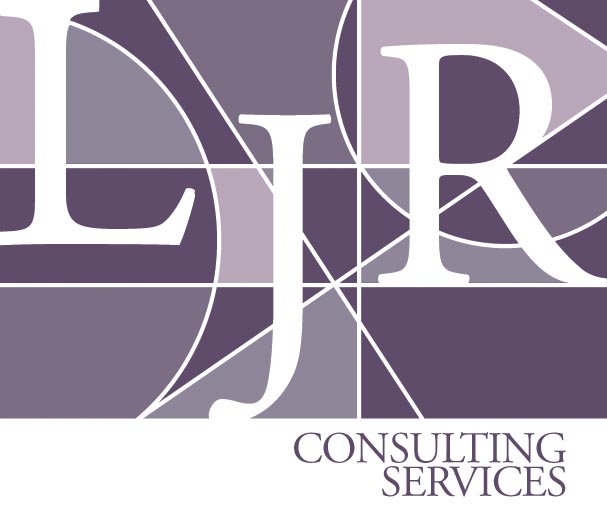I have spoken with several prospects in the last couple of weeks all of whom are wrestling with how to select an ERP system.
I am encouraged that they are wrestling with it and contemplating getting professional support. Selecting and implementing an ERP system is one of the most important and expensive decisions a company will make. Unfortunately, in many cases, over 70%, the projects will fail. Why such a high rate of failure for such an important business undertaking? In my over 30 years of experience implementing systems, the 2 biggest reasons for failure are:
- Selecting the wrong system
- Selecting the wrong VAR or implementation partner
Of course, there are many other reasons for the failure rate but these are the most common.
So the next question is – if a company does an evaluation how is that they so often pick wrong?
The primary reasons are the following:
- Select a system based on the prior experience of an executive with a system at another company. That may or may not be a good test of what will work in the current company. There are several factors that impact whether a system that works well in company A will do the same for Company B. What works for one does not necessarily work for another.
- Buy into advertising, popular theory or executive pressure that the company must have the biggest name in the business to be a ‘real’ system. When ERP systems first started to be developed, it was true that the larger company systems had better functionality. That is not true today.
- Delegate the selection only to the IT department
- Do not document requirements at all or document requirements based on how the company currently functions not how it will function in the future. This is a very limiting view and results in selection of systems that will not support a growing company.
- Select the system with the best demo instead of based on how the system functionality best supports the company’s requirements.
- Do not use the services of a professional ERP consultant or use a systems integrator that benefits from the selection of a particular system.
The optimum methodology to use to select an ERP or any system is the following:
- Create a selection team comprised of employees from all key departments and information technology.
- Define and document system requirements based on the future processes of the company. Use best business process practices as a guide. Also, use new technological features to redefine processes. For example, systems today have executive dashboards and real time information access so traditional reports are not needed as much. Also evaluate how wireless and smartphone technology can be used to replace existing manual processes.
- Determine the technology platform you expect to support. For example what data base and operating system can your company best support. Will you use SaaS, outsource the application hosting or host the system in-house.
- Research systems that support your industry and compare them to your documented requirements and preferred technology platform. Select the best 3 or 4 applications for demonstrations.
- Work with the selected vendors to script the demonstration so they will address your key requirements.
- After each vendor demonstration, score the vendor based on how well the system performed and how comfortable the team was with the user interface.
- Obtain cost estimates for total cost of ownership – purchase price, implementation. and ongoing maintenance costs.
- Make the selection based on the best balanced system.
I also recommend that if your employees do not have experience in systems selection, you should use the services of an objective, vendor agnostic consultant to guide the organization through the evaluation and selection process.
If you would like to learn about our methodology and/or get support during your ERP selection and implementation contact Lynda Roth at 818-709-6583 or info@ljrconsultingservices.com
